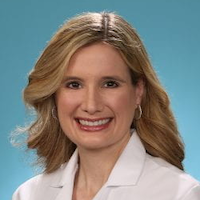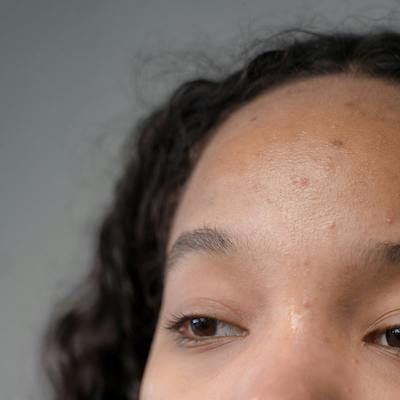Article
Using Telemedicine For Dermatology During COVID-19
Author(s):
An expert describes how telehealth can be used during the pandemic.

M. Laurin Council, MD, FAAD, FACMS
When coronavirus disease 2019 (COVID-19) first began spreading in the US, Medicare began to reimburse video telehealth visits at the same rate as in-person visits, M. Laurin Council, MD, FAAD, FACMS, said in a recent HCPLive®️ webinar.
“This certainly helps to encourage both physicians and patients to utilize this as a means of maintaining social distancing and avoiding keeping patients who are somewhat healthy out of the office and therefore out of contact with someone who may not know they carry the virus,” Council, associate director of the Center for Dermatologic and Cosmetic Surgery at Washington University School of Medicine in St. Louis, said.
Platforms such as Zoom, Doximity, and even software in an electronic health record (EHR) can be used to see patients. Although some platforms are HIPAA-compliant, such features are being waived as long as physicians make a concerted and reasonable effort to maintain private patient health information and safety.
There are 3 types of telehealth visits: virtual visits, store and forward, and check-ins. Most dermatologists are currently using store and forward (code G2010). During this visit, a patient would take a photograph of a suspicious lesion and then email it to the physician who would review it and then contact the patient with a treatment plan.
The store and forward method helps for certain patients, particularly older individuals, who can have a younger family member take a photo and upload it. Council is conducting such visits at her practice, as well as two-way virtual visits.
For those looking to have surgery and aesthetic care done during the pandemic, there are different guidelines based on the geographic location 1 is in. Each area has a different definition of what elective surgery is. Some states have completely outlawed such surgery and others say if the elective surgery is to solve something that is life-threatening, it would be defined then as emergent and such procedures are allowed.
“Many practices are having to make difficult decisions and prioritize based on tumor type and likelihood of metastasis and progression within the eight-week defined period,” Council said.
While most centers are still taking care of melanomas and squamous cell carcinomas, some patients are being asked to wait longer if they have other conditions to ensure things are safer. In some cities, many practices even shut down for a few weeks to stay safe.
Among the practices that have stayed open, it is important for dermatology providers to maintain good social distancing practices in the office. Patients can call when they arrive at the office and then go straight into a room, eliminating the waiting room. Or the waiting room can be used but only several chairs could remain to reduce the overall volume of people able to be in there at a time.
Patients should also be screened before a visit. Providers can ask if the patient could have had any exposures to COVID-19 or individuals with similar symptoms. What’s more, the patient can be checked for a fever at the door.
At Council’s practice, they used to do surgeries 5 days a week. In the height of the pandemic, the facility cut back to only 1 day per week and saw only patients that they thought really needed to be seen.The facility also has a plan in place to take care of some of the less aggressive tumors as the pandemic plateaus in the middle of the country.
For those interested in using telemedicine at their practice, Council suggests looking at the American Academy of Dermatology’s online toolkit. The toolkit provides information about coding, different platforms that can be used, and ways to optimize the telehealth visit. The US Centers for Medicare & Medicaid Services also has information regarding billing during the COVID-19 pandemic for Medicare patients.




